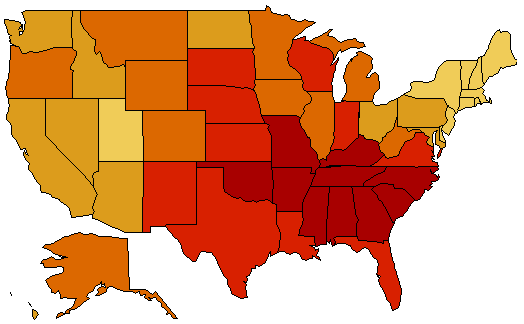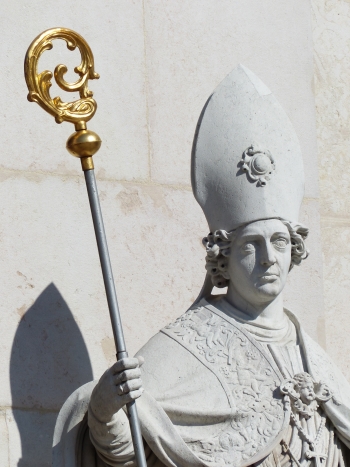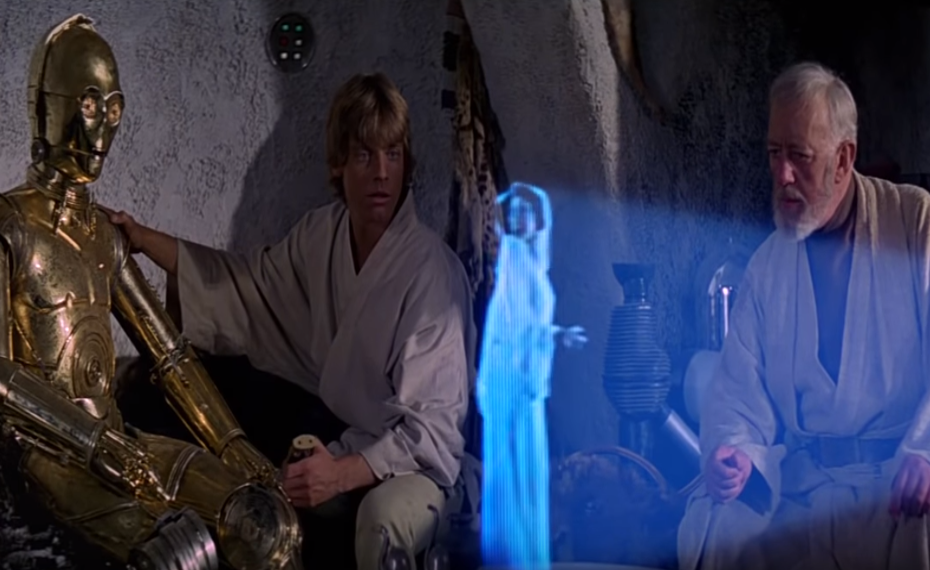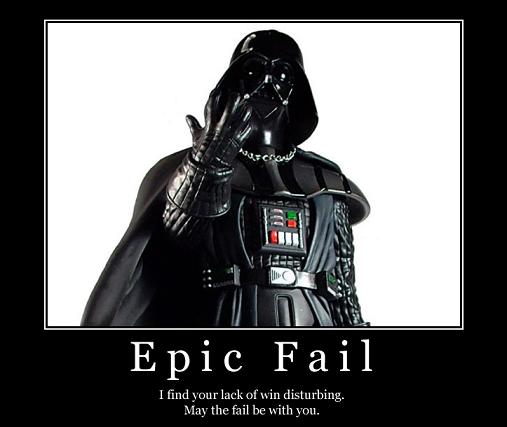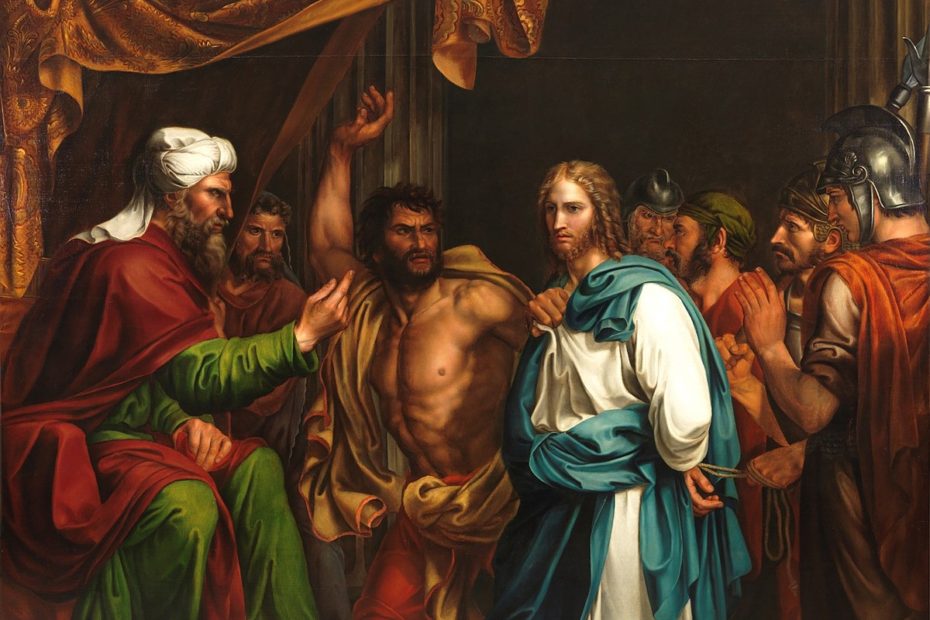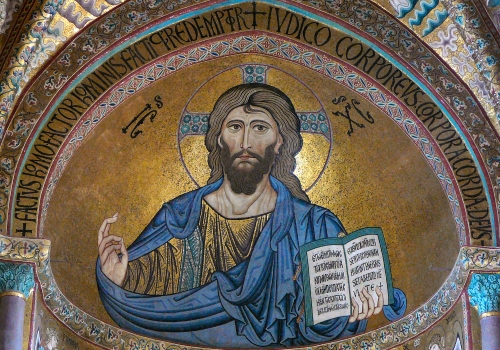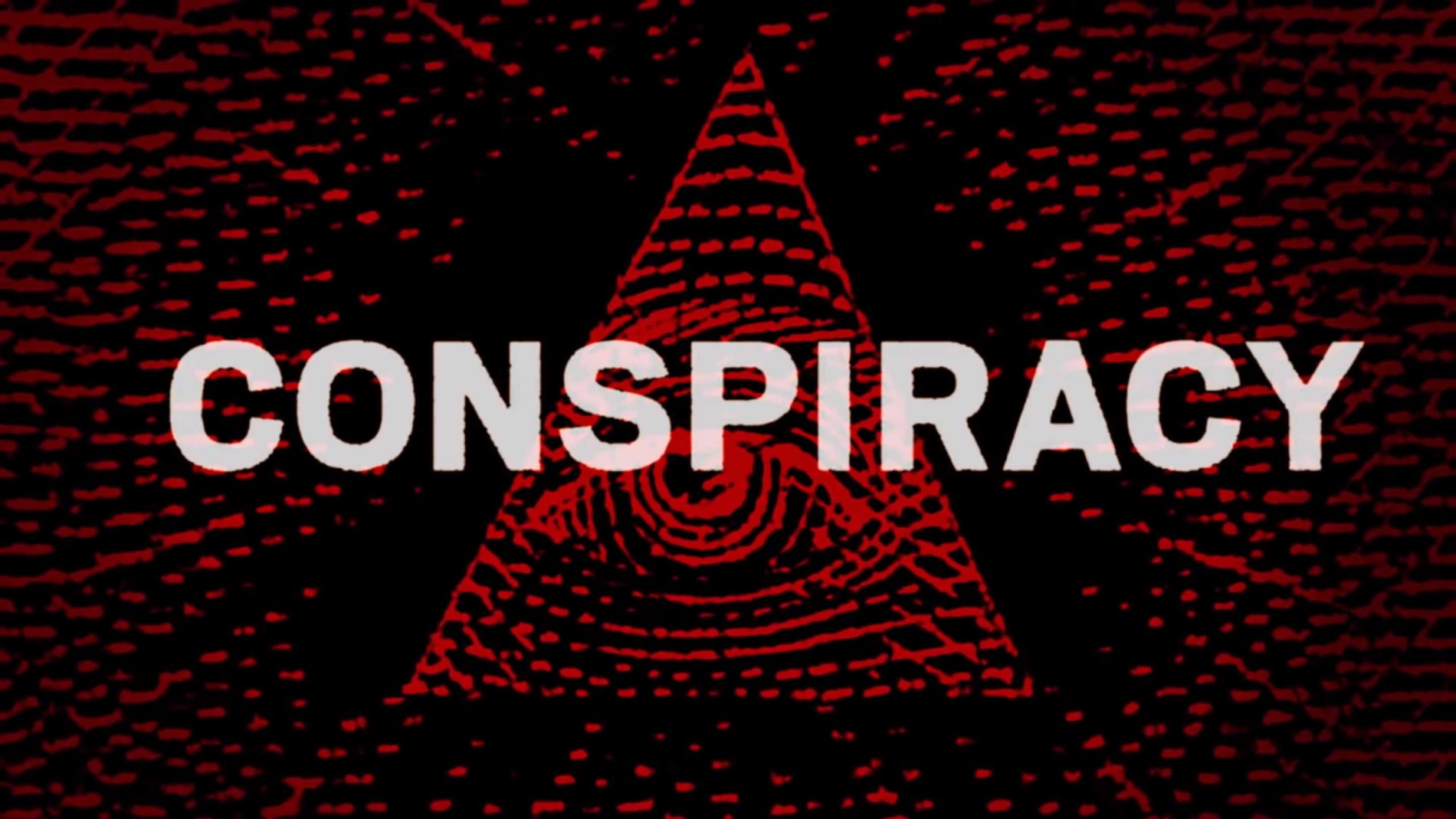Search Results for: origen unitarian
Mark, evangelicals, and catholics
Fr. Aiden Kimel has a good and thoughtful post on my Mark posts. I think he concedes my main point: … if we were to isolate the Gospel of Mark from the rest of the Bible, and indeed the Christian Church altogether, and read it just as historical artifact, would we come to the conclusion that Jesus of Nazareth is God? I doubt it. Indeed,… Read More »Mark, evangelicals, and catholics
Jesus and “God” – Part 8 – Some recent Jewish scholars on the biblical Shema
Last time we looked carefully at the verse normally translated as “Hear, O Israel, the LORD our God, the LORD is one.” We saw, surprisingly, that on any credible translation, it is not itself an assertion of monotheism – although it’ll probably be consistent with monotheism – depending on what is understood by “monotheism”! And that is a tougher problem that must be faced, for… Read More »Jesus and “God” – Part 8 – Some recent Jewish scholars on the biblical Shema
podcast 299 – Does the New Testament teach Trinity Monotheism? – with Dale Glover – Part 1
A conversation about whether or not the New Testament teaches “Trinity Monotheism.”
What is essential to the gospel, according to Luke? Part 1
What must you sign off on, to make the deal?
Do the Gospels disagree about Jesus and God? Part 2 – Counting the Costs
Last time we looked at this inconsistent triad of claims, one of which we must deny: The New Testament gospels agree in their core claims about Jesus and God. Matthew, Mark, and Luke don’t teach that Jesus is God. John teaches that Jesus is God. We can look at this from two directions. First, we can ask what the evidence for each of 1-3 is.… Read More »Do the Gospels disagree about Jesus and God? Part 2 – Counting the Costs
10 steps towards getting less confused about the Trinity – #4 “same ousia” – Part 2
In this post – what did the bishops mean when they declared for the first time that Father and Son were the same ousia? You’ll want to have this list of interpretations from part 1 in front of you. Importantly, some of possible interpretations of ousia imply others, most notably, the problematic 1. 3 and 4 imply 1 (though not vice-versa). But 1 should be unacceptable to any… Read More »10 steps towards getting less confused about the Trinity – #4 “same ousia” – Part 2
SCORING THE BURKE – BOWMAN DEBATE – ROUND 3 Re-evaluated (DALE)
 The “Great Trinity Debate” has been interesting, exhausting, and a bit hard to follow. It would’ve been better to have somewhat shorter posts and required post-rebuttals. As it is, some of the debate has been tucked away in the comments of the posts, while the blog plugs away on other topics. This sort of substantial, quality content shouldn’t be hidden in comments.
The “Great Trinity Debate” has been interesting, exhausting, and a bit hard to follow. It would’ve been better to have somewhat shorter posts and required post-rebuttals. As it is, some of the debate has been tucked away in the comments of the posts, while the blog plugs away on other topics. This sort of substantial, quality content shouldn’t be hidden in comments.
I previously called round 3 a draw. But my call was premature; Burke kept punching, in a long set of comments (#4-15), which substantially strengthened his case. Bowman has left them unanswered for about a week, I believe, as I post this. I re-call this round now for Burke.
Revised score up through round 4:
Bowman: 0
Burke: 3
draw: 1
What he does is address some important texts which as usually read, assert or assume the claims that Jesus created the cosmos, or just that he pre-existed his conception. I can’t summarize Burke’s long exegesis, but I’ll hit a few highlights in this post. What he shows, drawing on some recent scholarship, is that the texts in question can be given non-arbitrary, plausible readings which are consistent with humanitarian christology.
Burke also rebuts some of Bowman’s points re: prayer to Jesus. Bowman argues that Christ can’t be a creature, and must be omniscient (hence divine), if he can hear and answer prayers. This argument is hardly a knockdown one.
Read More »SCORING THE BURKE – BOWMAN DEBATE – ROUND 3 Re-evaluated (DALE)
a Oneness response to the Challenge to “Jesus is God” apologists
Do biblical theophanies show that the Challenge argument is unsound?
What is essential to the gospel, according to Luke? Part 2
An apostolic account of what is truly essential to the gospel.
10 steps towards getting less confused about the Trinity – #1 Who’s to say? – Part 2
Plausibly, most Protestant scholars who think that the Bible teaches the Trinity focus on the New Testament. They argue that while trinitarianism isn’t explicit there, it is implicit.
SCORING THE BURKE – BOWMAN DEBATE – ROUND 6 Part 2 – Bowman
In his sixth and final installment of the debate, Bowman turns in his finest performance, making a number of interesting moves, and getting some glove on Burke. First, he tweaks his formula (here’s the previous version): The doctrine of the Trinity is biblical if and only if all of the following propositions are biblical teachings: One eternal uncreated being, the LORD God, alone created all… Read More »SCORING THE BURKE – BOWMAN DEBATE – ROUND 6 Part 2 – Bowman
Bock and Loke on Jesus’s “blasphemy” in Mark 14 – Part 2
What the priest was thinking in charging Jesus with “blasphemy.”
podcast 124 – a challenge to “Jesus is God” apologists
In this episode, I walk you through an argument against confusing Jesus with his God.
SCORING THE BURKE – BOWMAN DEBATE – Burke 3
In round 3, Burke comes out swinging and swinging. But how much does he connect? In my judgment, somewhat. Here’s an overview of his case, with some critical comments, and at the end I score the round.
In my judgment, somewhat. Here’s an overview of his case, with some critical comments, and at the end I score the round.
First, Burke argues that Jesus’ messianic roles as atoning sin-offering, priest, redeemer, and Davidic king, do not require him to be divine, and further, that the first and last of these require that he is not God. I take it Burke’s point is that they require Jesus to be a human, and that no human is divine. Flag: In this context, the point is question-begging. Bowman no doubt affirms Chalcedon, according to which Jesus has both a divine and a human nature.
Next, Burke has a nice discussion of the Jewish habit, well attested in the NT and in other ancient writings, of talking about what God has predestined as already existing in heaven. This affects what one considers the natural reading of passages like John 17:5 (NIV) “And now, Father, glorify me in your presence with the glory I had with you before the world began.” Burke nicely sketches the line of thought behind this habit – what is predestined is as good as done, so what is future is moved back, as it were, to the past or present – to a time which is “too late” to avoid. He gives a vivid example from Paul of talking about a future event as present: “And God raised us up with Christ and seated us with him in the heavenly realms in Christ Jesus…” (Eph 2:6, NIV)
What is the significance of this? Read More »SCORING THE BURKE – BOWMAN DEBATE – Burke 3
Steve Hays vs. Lexicons, deep thoughts on OT “binitarianism”
More lessons on how not to do apologetics, from a Master.
reply to a critique of podcast 248
Andrew DeFord undertakes a refutation of the main argument of podcast 248.
podcast 249 – Tuggy vs. Brown debate – The God of the Bible is the Father alone
Biblical unitarianism vs. what Dale calls one-self trinitarianism.
- « Previous
- 1
- …
- 17
- 18
- 19

